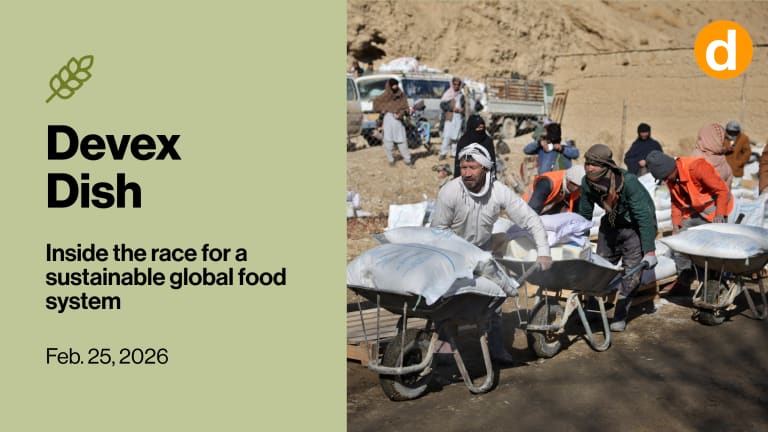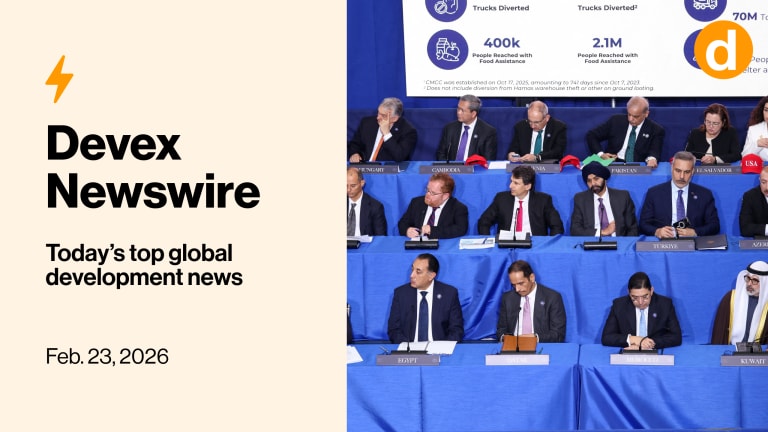
A former top U.S. official who regularly advises the government on diplomacy and defense issues is blasting the international community for its job in Afghanistan - and he doesn’t hold back on the aid community’s job, either.
“There is a systematic lack of professionalism and integrity in the economic reporting and claims of progress by agencies like USAID and international bodies like the World Bank,” writes Anthony H. Cordesman in a report published by the Center for Strategic and International Studies. “They do not explain and justify their sources, explain their credibility, or provide an estimate of uncertainty. Instead, they ‘cherry pick’ figures to justify their funding and plans.”
The report, entitled ”Afghanistan: Meeting the Real World Challenges of Transition,” cites data the U.S. Agency for International Development uses on health, education and the number of Afghans in need of care, which Cordesman says is difficult to “trust any aspect of their statistics.”
Cordesman holds the Arleigh A. Burke Chair in Strategy at CSIS. He’s a recipient of the Department of Defense Distinguished Service Medal and was a member of the Strategic Assessment Group that assisted General Stanley McChrystal in developing a new strategy for Afghanistan in 2009.
As NATO troops leave, he writes, “there is an equal need for far more U.S. and allied realism about what can be accomplished, provision of serious aid well beyond 2014, and working with the Afghan government to develop meaningful plans.”
The report places equal responsibility on the Afghan people, who will have to “make changes in leadership, governance, economics, and the [Afghan National Security Forces] that show there is a real incentive for the U.S. and other states to have a concrete Transition strategy.”
Just a few weeks ago, during his trip to Washington, Afghan President Hamid Karzai’s asked for more oversight of foreign aid flowing into the war-ravaged country. Meanwhile, concerns about fraud, waste and abuse in Afghanistan’s development initiatives linger, weakening public support in donor nations for continuously high levels of assistance.
Two former contractors of the U.S. Agency for International Development were arrested in December, for instance, and are now facing three years in prison plus financial penalties for conspiring to steal about $10,000 from the development agency in 2011.
While aid pledges amounting to $16 billion were made at the Tokyo Conference on Afghanistan in July, they came with conditions meant to fend off corruption – a sign that donors are more wary than ever. A concrete example is the European Union’s reluctance to release certain funds until Afghanistan makes further strides in reforming its justice sector.
Coleman suggests that Afghanistan’s request for $120 billion in civil and military aid, floated in November 2011, was “unlikely to be met on any sustained basis.” The request was meant to cover the transition period until 2025.
Read more development aid news online, and subscribe to The Development Newswire to receive top international development headlines from the world’s leading donors, news sources and opinion leaders — emailed to you FREE every business day.








